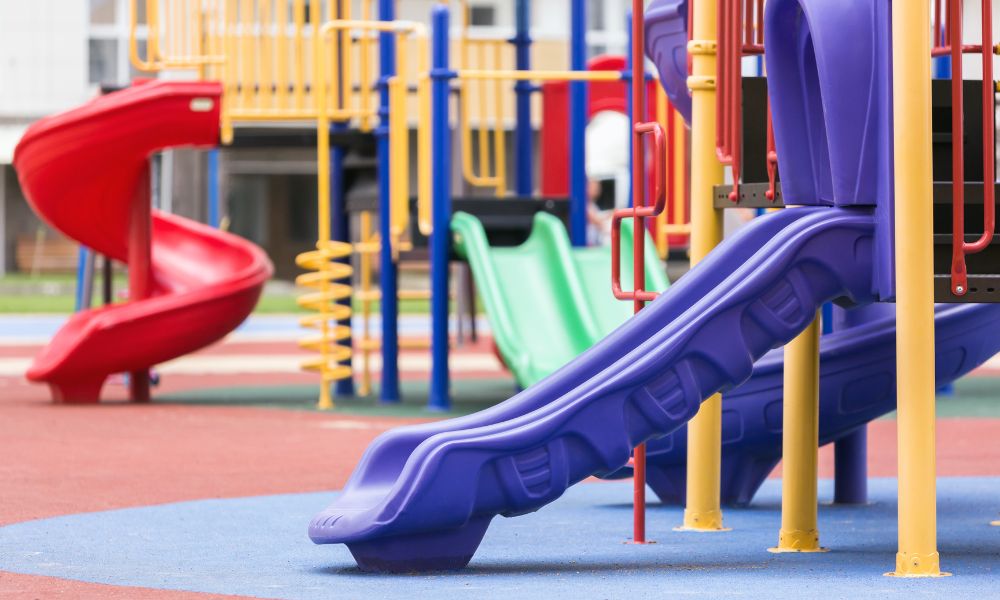For a child to grow up healthy and meet the most important milestones, they need an outlet that allows them to cut loose without worrying about getting hurt or lost. The park provides an open space for physical activity and play, improving the health and well-being of communities. Parks and playgrounds are perfect for children because they provide physical and mental stimulation.
Sensory play has a profound effect on childhood development. When children interact with their surroundings, they learn to engage with and perceive the world around them. Here are a few of the biggest reasons to incorporate sensory play into the park.
Problem-Solving
Sensory play promotes cognitive development by stimulating brain activity to build connections in the brain. Green spaces improve memory, analytics, and other critical mental faculties. By taking advantage of experiential learning, you lay the groundwork for a lifetime of active development.
Parks have all sorts of different textures, colors, and sounds, making them the perfect places to take young children to play. In many cases, it’s enough to simply create spaces where people can be in nature. Promoting a healthy attachment to the natural environment can benefit children in a wide variety of ways, from mental health to academic proficiencies.
Motor Skills
Another important thing about using sensory play in parks is that it gives children a chance to use their muscles and adapt as they grow. Exploration allows them to improve their balance and helps them develop spatial awareness. Sliding, swinging, jumping, and climbing are all perfect activities for children, and you can find them all in the park.
Incorporating sensory play into parks can improve children’s understanding of tactile feedback, which makes them more comfortable interacting with their environments and defining their sense of self. This experience is especially important since touch is one of the first senses that children develop, and it plays a crucial role in their early learning.
Social Interactions
Getting a clear grasp of social skills is essential for young children. Playing with others allows them to develop a sense of self-control and personal accountability. It’s crucial to make playgrounds ADA-accessible so children from all backgrounds can interact with one another and build their senses of social awareness.
Parks incorporating sensory play can help kids adapt to language deficiencies through experimentation. Playing games, making friends, and dealing with conflicts are all essential skills kids can learn when parks are designed around socialization. In many cases, kids make their first friends at the park since it’s where children of all ages gather to enjoy the outdoors.
Give Your Children the Opportunity To Grow
The park is where most children first hone essential mental, motor, and social skills. Incorporating sensory play into the park can improve the lives of children from all walks of life in numerous ways.
A clear grasp of sensory play and its components will allow communities to improve their spaces for everyone. By cultivating a sense of curiosity in children, we help promote positive brain development throughout their lives.






